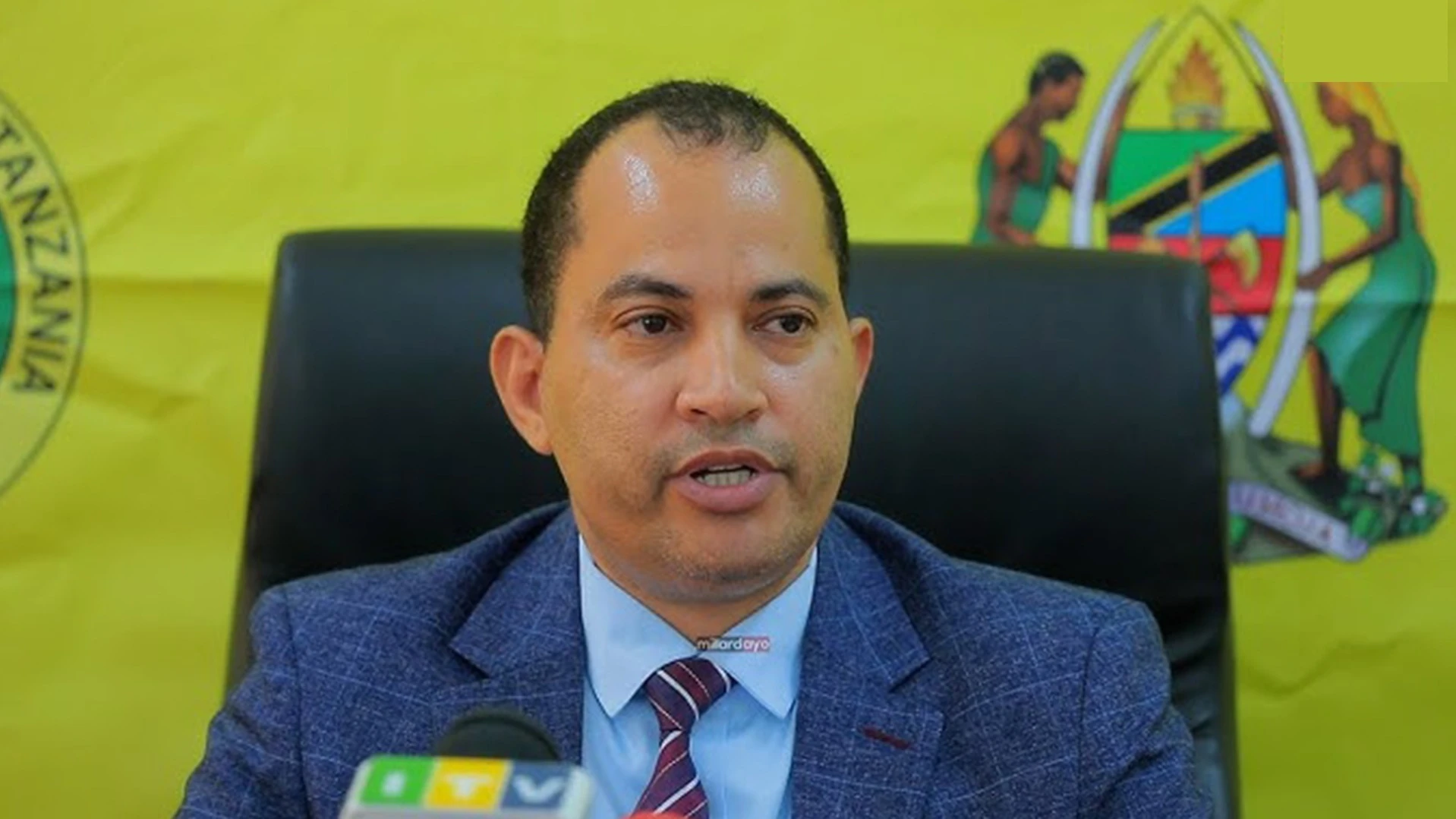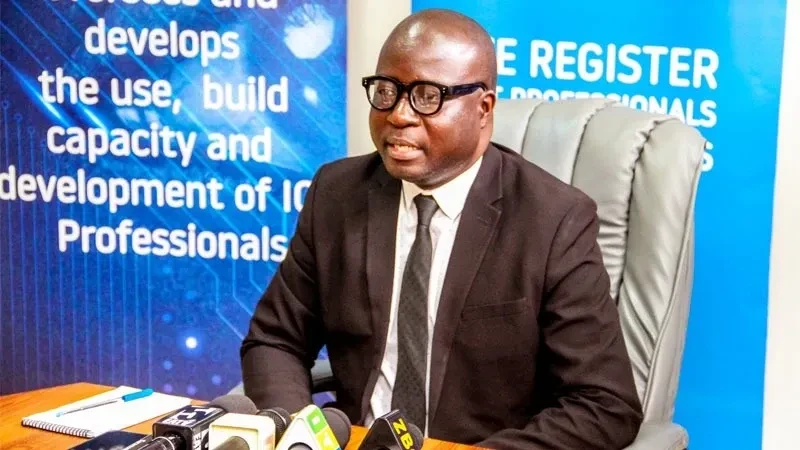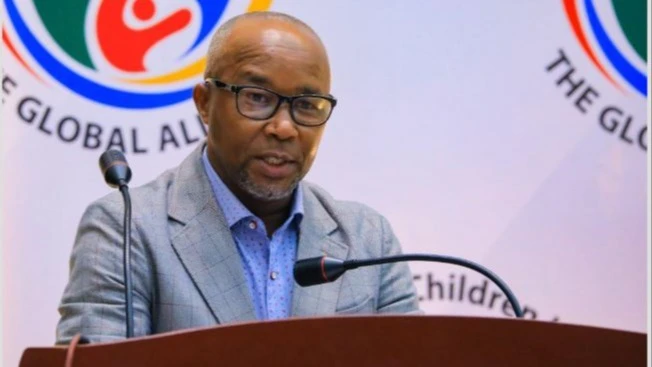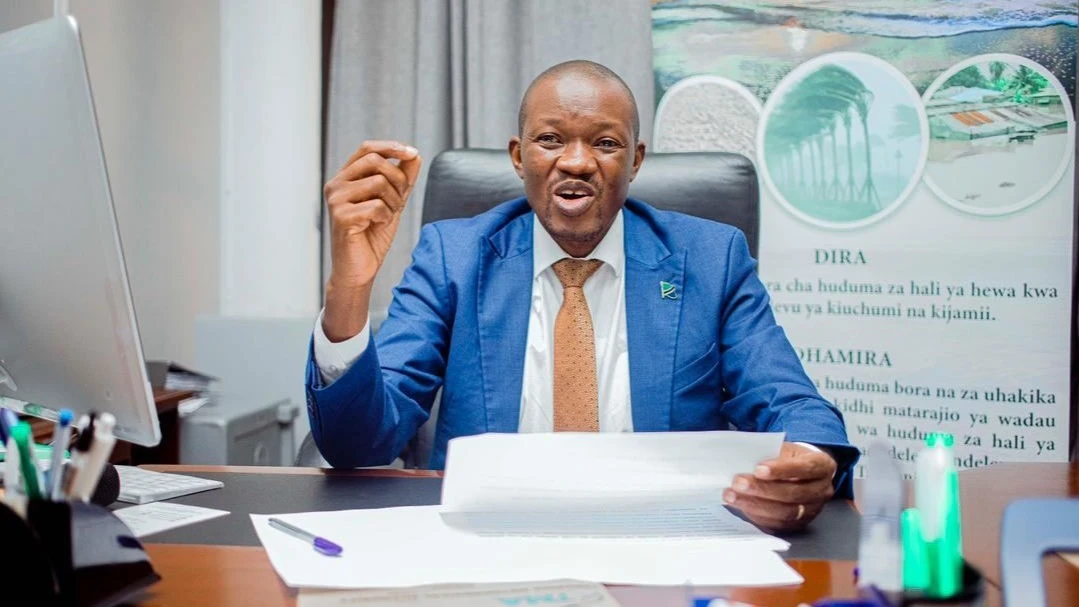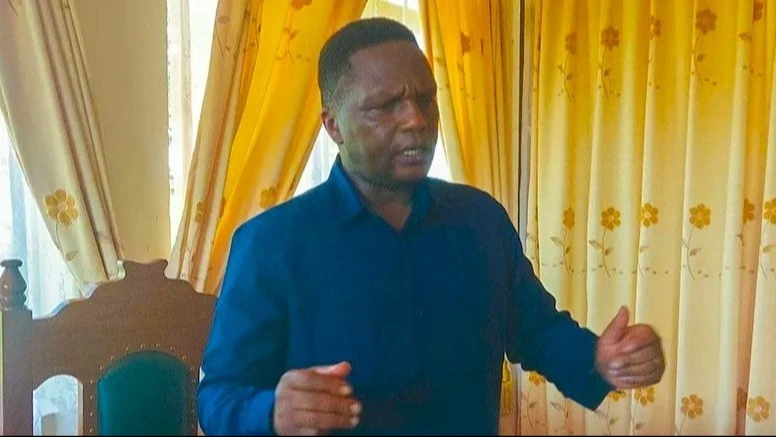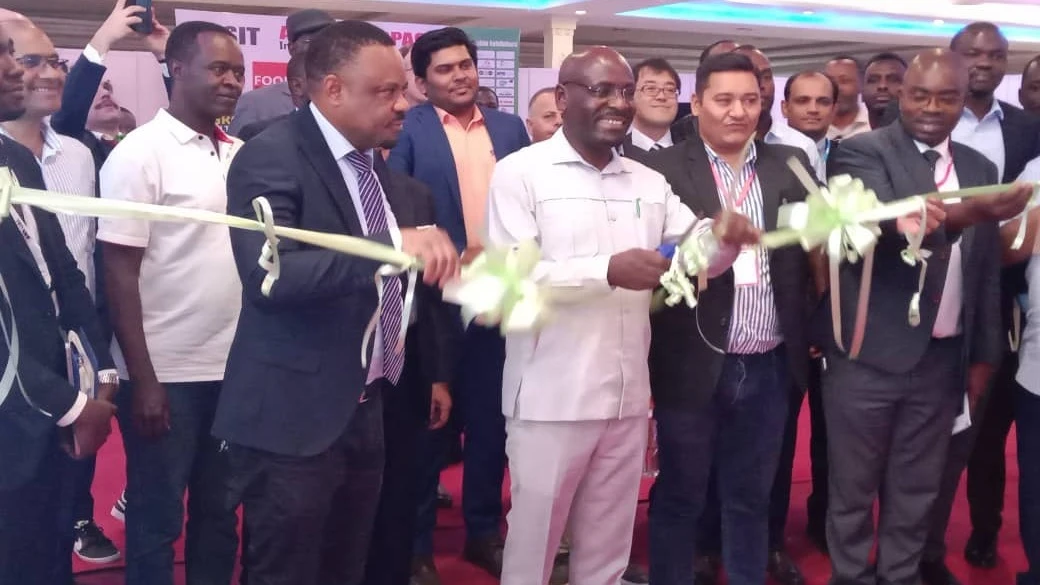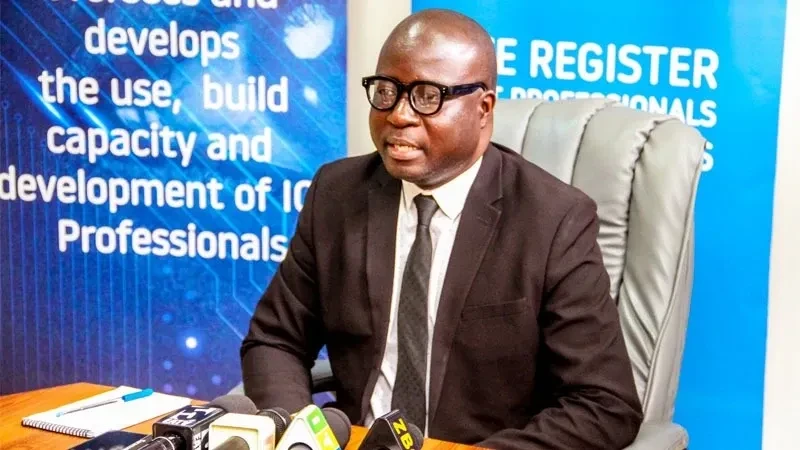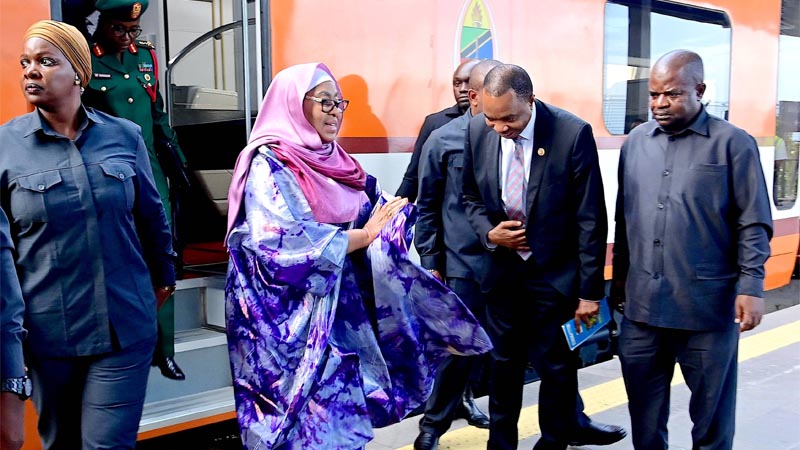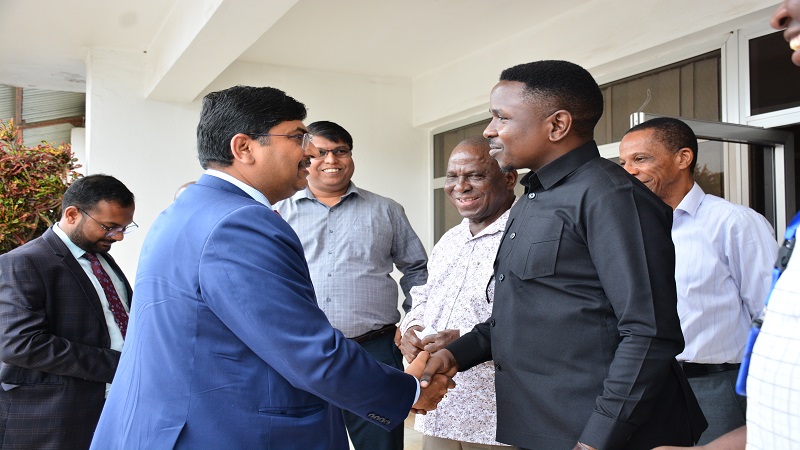‘Geothermal energy vital for fair electricity access’
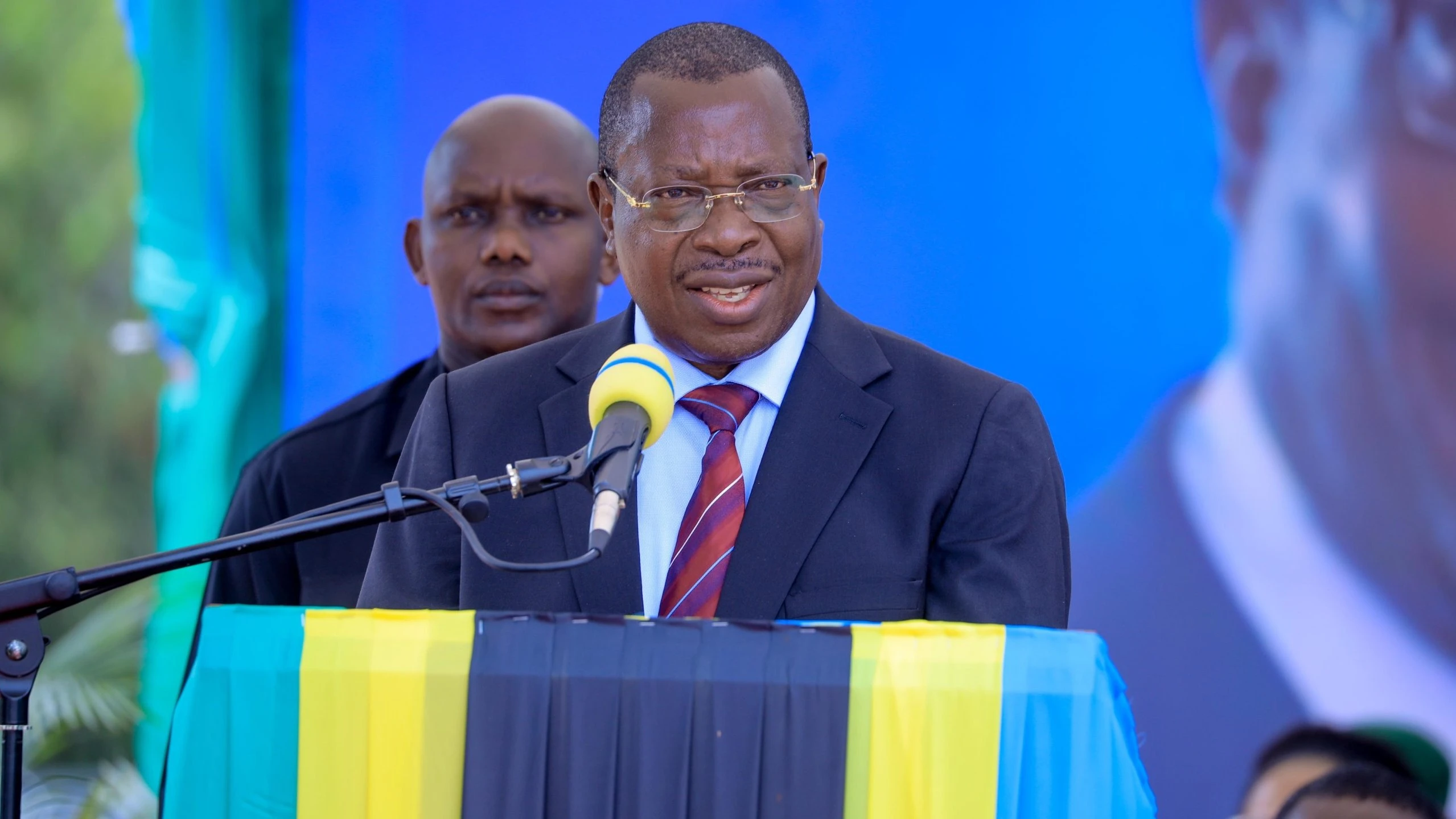
VICE President Dr Philip Mpango has called on potential investors to explore the vast opportunities in Tanzania's geothermal energy sector, emphasizing the government's commitment to facilitating investments in the area.
Speaking at the official opening of the 10th African Geothermal Conference (ARGeo-C10) in Dar es Salaam yesterday, the VP underlined the country’s favourable investment climate, political stability and ongoing reforms aimed at promoting sustainable energy development.
Local and international investors need to consider geothermal energy as a key sub-sector that supports energy security, economic growth and job creation, he stated, asserting that investing in geothermal projects is vital at the moment.
Such investments will be making a crucial contribution in advancing the country’s energy transition and enhancing its overall energy landscape, he stated, emphasizing that Tanzania is in dire need of diversifying its electricity mix.
It has a target of increasing generation capacity to over 5,000 megawatts by 2030, placing particular emphasis on expanding renewable energy, including geothermal, he explained.
Underscoring the potential of geothermal energy as a clean, sustainable source that could significantly reduce dependence on fossil fuels, he cited that several promising sites have been identified, including Ngozi in Mbeya and Songwe regions, Kiejo-Mbaka in Mbeya, Natron in Arusha, and Luhoi in the Coast Region.
The country has completed initial exploration stages on five geothermal sites and commenced drilling at Lake Ngozi to confirm commercial scale resources, while surface exploration is ongoing at flagship projects in Kiejo-Mbaka, Luhoi and Natron, he further noted.
"Tanzania has enjoyed peace and stability since gaining independence in 1961, which has fostered a politically stable environment and an attractive investment climate," he said. "Our commitment to policy and structural reforms is guided by President Samia’s 4Rs philosophy—reconciliation, resilience, reform, and rebuilding—which addresses contemporary social, political, and economic challenges," he further affirmed.
He specified that Tanzania is signatory to various domestic and international agreements that facilitate the resolution of investment disputes, “further enhancing investor confidence.”
"In the post-COVID period, our economy has demonstrated robust growth, consistently exceeding 5 percent. This positive trajectory has been recognized by international credit rating agencies, affirming our debt sustainability and strengthening investor confidence. As we move forward, we remain committed to leveraging these strengths to attract investment, particularly in sectors like geothermal energy, to drive sustainable development," he told the gathering.
Acknowledging the high initial costs associated with geothermal development, which can be a formidable barrier to exploration and utilization in many countries in Africa, he emphasized the need for cooperation across Africa for coordinated efforts in exploration and investment.
"As we urge African Geothermal - ARGeo member states to devise and undertake regional exploration programmes, let us seize the opportunity offered by this conference to expedite geothermal development and hasten our transition from costly fossil fuels," he stressed.
Meseret Teklemariam, the head of the United Nations Environment Programme (UNEP) office for Southern Africa, commended the government for its support, noting that the event's preparations involved experts from various sectors.
She highlighted that geothermal energy could be a game-changer for the region, enabling equitable electricity distribution and addressing energy access disparities.
Zlatan Milisic, the United Nations resident coordinator, emphasized that accelerating geothermal energy deployment would not only address Africa's energy challenges but contribute significantly to global carbon reduction targets.
He noted that the conference theme aligns with global climate efforts and supports the United Nations Sustainable Development Goal 7, which calls for affordable and clean energy for all.
Judith Kapinga, the Energy deputy minister, underscored the immense potential of geothermal energy as a region-specific resource, pointing out that its integration into national grids could help address spatial inequalities in energy access, supporting balanced economic growth.
"Given the importance of this resource, I am confident that this gathering will not only provide valuable insights but also propose practical solutions to overcome the barriers currently hindering geothermal development. Together, we can unlock the full potential of this sustainable energy source and drive equitable growth across the region," she added.
Top Headlines
© 2025 IPPMEDIA.COM. ALL RIGHTS RESERVED









